The funding round was anchored by the Dutch Ministry of Foreign Affairs, which provided the first equity injection of EUR 7.5 million in January 2021, to cater to the demand for loans during the heights of the COVID-19 crisis. Also participating in this funding round are BII (British International Investment, formerly CDC) with EUR 10 million, FMO with EUR 7.5 million, Swedfund with EUR 5 million and Philips with EUR 2.5 million. In addition, MCF will benefit from a guarantee facility by the U.S. International Development Finance Corporation (DFC), which was initiated by the Health Finance Coalition (HFC) with support of the U.S. President’s Malaria Initiative (PMI) and USAID’s Center for Innovation & Impact (CII). Through blended finance, MCF uses catalytic capital from both public and private sources and with a target to grow to EUR 80 million, however, growth was hindered by the challenging operating environment including serious currency devaluations in the African markets where MCF II is investing.
MCF II qualifies under the 2X Challenge as its funding will enhance access to capital for gender-smart healthcare businesses and help to increase health services for female patients. The 2X Challenge is a commitment by the development finance institutions (DFIs) of the G7 to mobilize capital to support businesses provide women in emerging economies with access to leadership opportunities, quality employment, and products and services that enhance their economic participation and inclusion.
Since its foundation, Medical Credit Fund has provided over 8,000 loans to healthcare providers in Africa, worth over EUR 140 million, with a 95% repayment rate. It has reached 2,000 health small and medium sized healthcare providers in Kenya, Ghana, Nigeria, Tanzania and Uganda. Loans are combined with support for business and quality improvement using the PharmAccess – SafeCare standards and methodology, through which over than 80% of the clients were able to improve their services.
MCF is deploying the funding to further scale its impact across sub-Saharan Africa with a focus on advancing its digital loan products including Cash Advances which does not require collateral: the provider’s history of mobile money receipts serves as the basis for the loan. The digital revenues are used directly to pay back the loan. As such, end clients benefit from the flexible repayment and the speed and ease of the process, as all is done through their mobile phone

